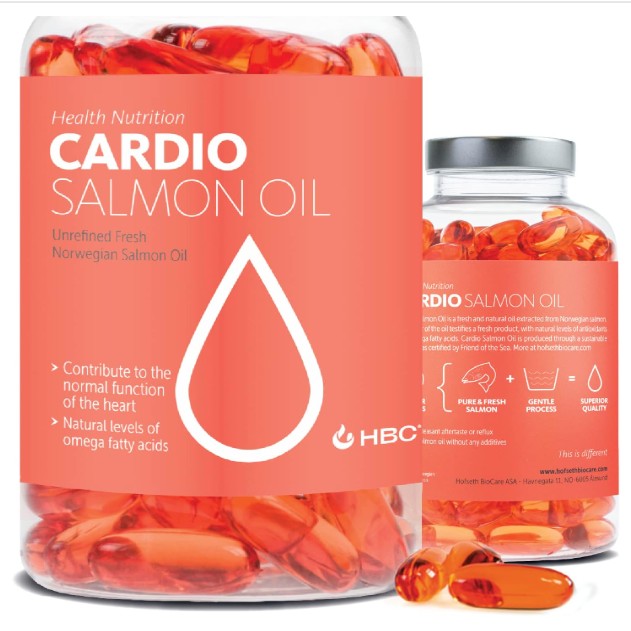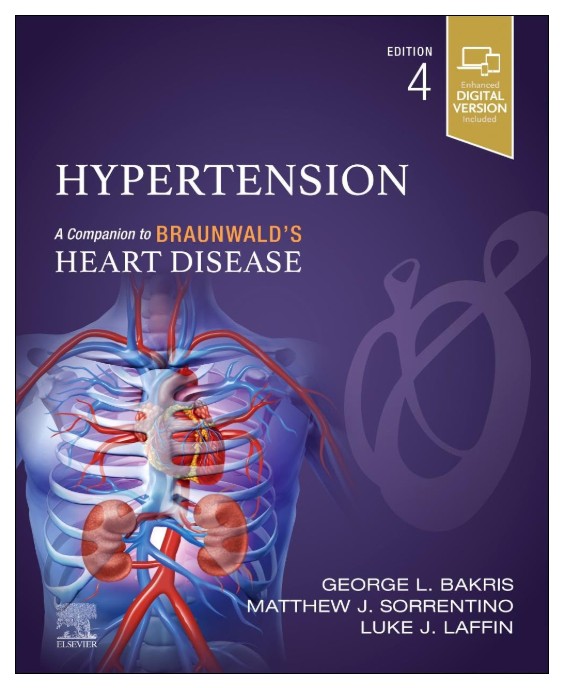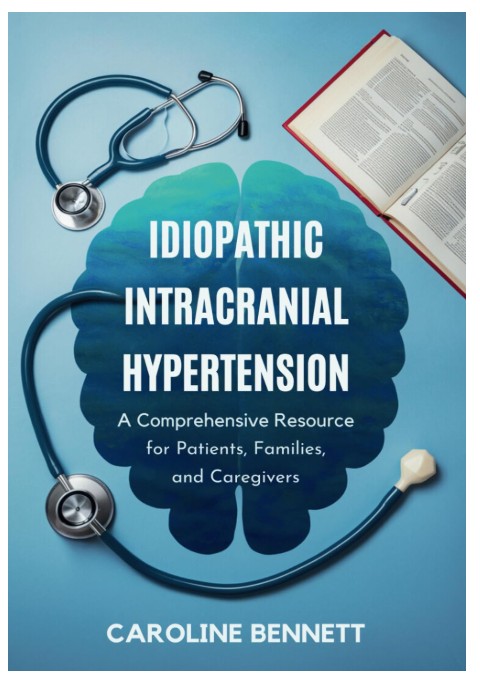Hypertension, also known as high blood pressure, is a condition that is often associated with older adults. However, recent studies have shown an alarming increase in the prevalence of hypertension among young adults. It is crucial to understand the causes of this trend because untreated hypertension can lead to serious health issues such as heart disease and stroke.
One of the primary causes of hypertension in young adults is unhealthy lifestyle choices. This includes consumption of a diet high in sodium and low in fruits and vegetables, lack of physical activity, excessive alcohol consumption, and tobacco use. These factors can lead to weight gain and obesity, which are major risk factors for hypertension.
Sodium intake plays a significant role in blood pressure levels. Consuming high amounts of sodium can cause the body to retain water, leading to increased blood volume and consequently higher blood pressure. On the other hand, diets rich in fruits and vegetables provide essential nutrients like potassium that help maintain healthy blood pressure levels.
Physical activity is another crucial factor. Regular exercise helps control weight and reduces the risk of developing other conditions that could lead to hypertension such as high cholesterol levels and diabetes. However, many young adults lead sedentary lifestyles due to increased screen time or desk-bound jobs which contribute to weight gain and consequently higher blood pressure.
Alcohol and tobacco use have also been linked with hypertension. Regular heavy drinking can damage the heart over time leading to increased blood pressure while nicotine in tobacco can cause narrowing of the arteries leading to higher blood pressure.
In addition to lifestyle factors, genetics also play a role in determining who develops hypertension at an early age. If your parents or close relatives have had high blood pressure, you are more likely to develop it too.
Stress is another significant contributor to hypertension among young adults. Chronic stress or poor coping mechanisms for stress can result in behaviors that increase blood pressure such as poor diet choices, lack of exercise or substance abuse.
Lastly, certain medical conditions like kidney disease, hormonal disorders, and certain medications can also lead to hypertension. These are known as secondary causes and are less common among young adults but still worth considering.
In conclusion, while hypertension in young adults is a growing concern, it is largely preventable. A healthy lifestyle that includes a balanced diet, regular physical activity, moderate alcohol consumption, and avoiding tobacco can significantly reduce the risk of developing hypertension. It is also crucial to manage stress effectively and regularly monitor blood pressure levels. If you have a family history of hypertension or other risk factors, it may be beneficial to start these preventive measures at an early age.



